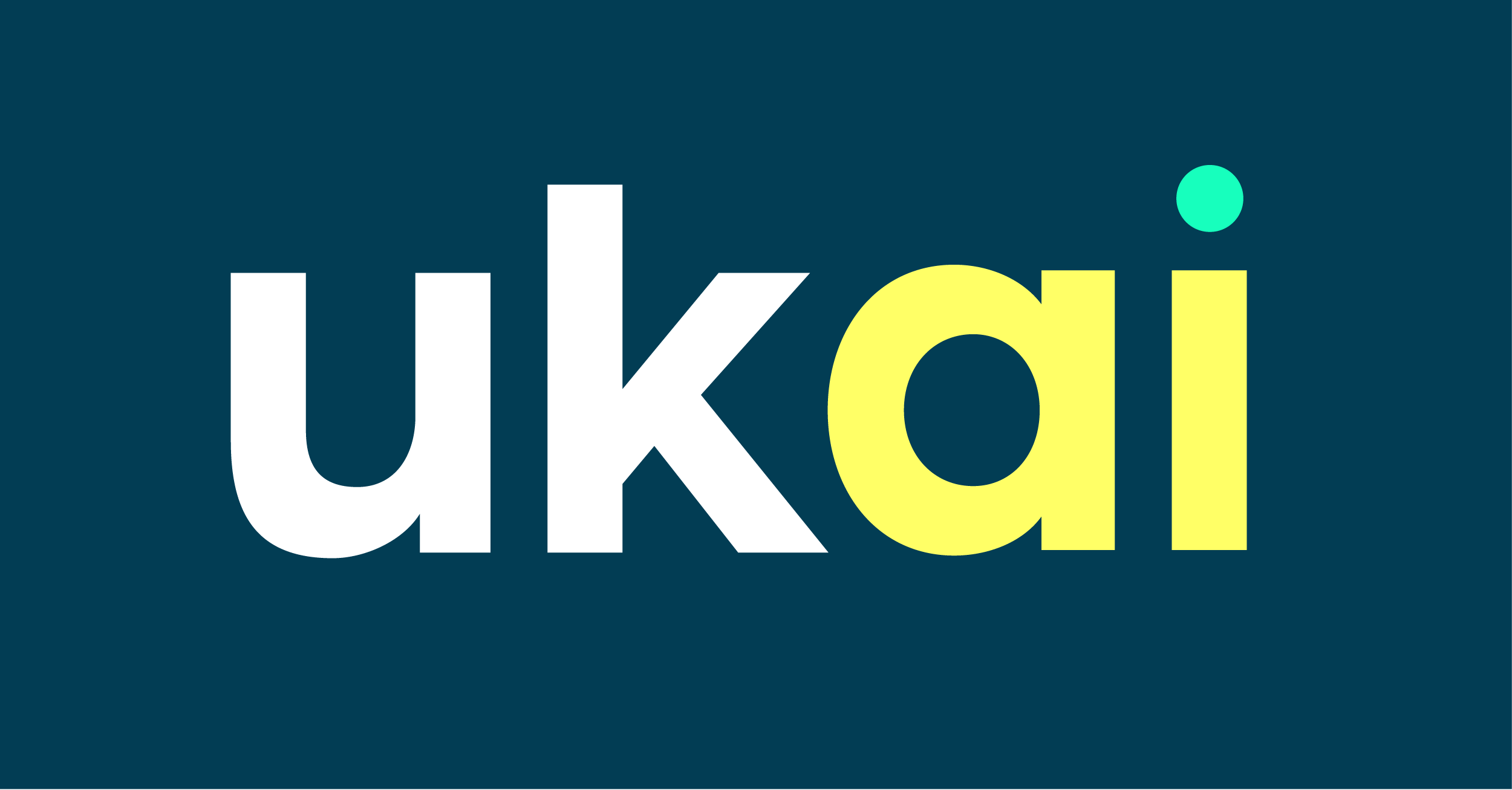UK and EU tech firms fall behind in AI race as regulations bite
British and European technology firms are falling behind their US counterparts in the AI race, with regulatory barriers cited as the key reason for slower adoption, rising costs and reduced access to cutting-edge tools. A new survey by the App Association, a global trade group for small and medium-sized tech enterprises, highlights a widening gap between the transatlantic tech sectors, despite the UK’s stated ambition to become an “AI Superpower.”
While 73% of tech SMEs globally view AI as vital to business success, just 32% of UK and EU firms have fully integrated AI into their workflows, compared with 45% of US firms. Around half of European startups are actively using AI, versus nearly two-thirds in the US.
The disparity is largely driven by regulatory complexity. More than three-quarters of British and European firms say regulation has harmed their AI progress, with 17% stating it has blocked or severely limited their AI plans. Many developers have had to strip features from models to meet compliance requirements, and 60% face delays accessing the latest technologies—compared with just 44% of US developers.
Mitchel Volkering, founder of Dutch-Brazilian AI firm Vaic.at, said innovation was being hampered: “We’re restricted from accessing innovative new tools and features that Apple and other US companies release in their home markets. In the EU, when these tools do arrive, they’re often late and degraded versions. Competing with the United States has never been more challenging than it is today.”
US firms benefit from a regulatory approach seen as less obstructive. The Trump administration rolled back several AI oversight measures, reducing compliance burdens and helping accelerate deployment. Regulatory delays affect 58% of UK and EU companies, compared with 44% in the US.
Financially, these delays carry a heavy cost. British and European SMEs lose between $109,000 and $375,000 annually, rising to nearly $530,000 for the most affected. The result is slower innovation, higher operating costs and customer attrition—45% of UK and EU firms report increased costs due to regulation, and nearly 30% have lost clients.
Still, there are signs of resilience. UK firms are leading the continent in AI adoption pace, with nearly a quarter of CEOs implementing formal AI roadmaps—a rate above the global average and well ahead of France or Germany. UK companies are also less likely to abandon AI projects due to regulatory hurdles.
Efforts to shift the landscape are under way. The European Commission has committed €1 billion through its ‘Apply AI’ strategy to accelerate adoption in sectors such as healthcare, energy and manufacturing, aiming to reduce reliance on US and Chinese technologies. The strategy is paired with new, pro-innovation regulations designed to maintain safety without stifling growth.
In the UK, parliament’s Science, Innovation and Technology Committee has urged faster implementation of adaptable AI rules. MPs warn that without reform, the country risks falling behind global competitors. Meanwhile, a report by Responsive and the Association of Proposal Management Professionals found that nearly two-thirds of B2B revenue leaders in the UK and EU saw returns from AI within the first year of adoption, indicating a maturing market with clear commercial value.
Morgan Reed, president of the App Association, said: “We’ve long known that European and British regulations on AI are having a negative impact, but now the data shows how stark these consequences are. American lawmakers should take note of the transatlantic AI gap and how it was created if they want to keep the U.S. at the forefront of innovation while avoiding a compliance culture that stifles growth.”
Created by Amplify: AI-augmented, human-curated content.






